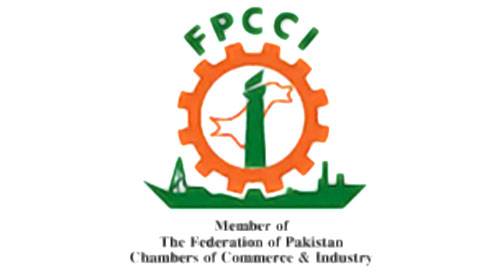Mr. Irfan Iqbal Sheikh, President FPCCI, has said that the economic and business environment has reached a point where the business community finds the demand of imposing an economic emergency justifiable to put an end to the economic uncertainty. He added that businesses cannot operate profitably under such harsh and unfavorable conditions.
Mr. Irfan Iqbal Sheikh emphasized that the policy rate must be aggressively brought down to 7 percent from its current level of 12.25 percent to make access to finance affordable for the private sector to keep the economic activities afloat. He also noted that the step will bring down the short-term debt servicing of the government by Rs. 300 billion; and, provide breathing space to the government for the better fiscal management.
FPCCI Chief has proposed the simplification of personal income tax slabs down to 5 – 7 from the current 11 slabs. Interestingly, IMF has also recommended the same and can add up to Rs. 200 billion to the tax collection in a couple of years.
Mr. Irfan Iqbal Sheikh noted with concern that the budgetary deficit is also increasing due to the incessantly loss-making State-Owned Enterprises (SOEs) and now it is absolutely imperative to reform and restructure them decisively; as their share in budgetary deficit has reached to 23 percent.
Mr. Irfan Iqbal Sheikh has also called for an increase in FED on cigarettes and carbonated drinks to serve the dual purpose of generating revenues and protecting the general public in general and the workforce in particular from health hazards that have been unleashed on them by smoking and diabetes-causing sweetened drinks. He added that if FED is raised on cigarettes to 70 percent, Pakistan can generate up to Rs. 240 billion additional revenues.
FPCCI President has also expressed his willingness to engage with the government in a consultative process to take on the economic challenges collectively in the broader national interest. However, he reiterated his stance that policies should not be announced in a vacuum without consulting the business, industry and trade community – as they are the real stakeholders.
Additionally, he has called for a pro-business federal budget 2022 – 23; enabling the private sector to invest in the economy, set up new industry, increase exports on an expedited rate, generate employment and contribute towards revenue collection in a healthy manner.





